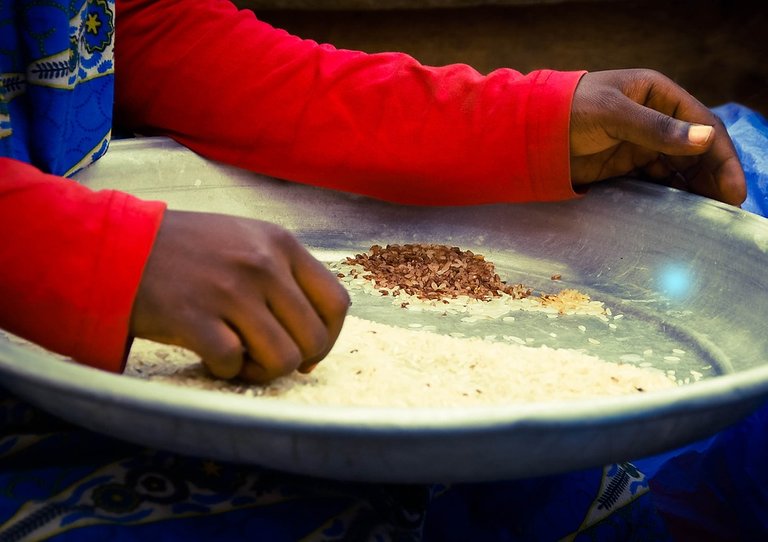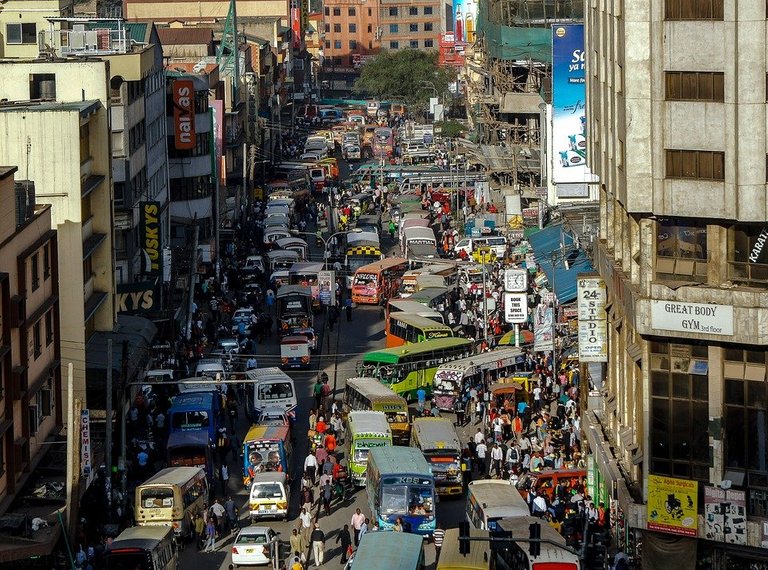
A recent study published in the journal Science Advances concluded that the pandemic has significantly impacted developing countries around the world, hitting low income families the hardest. COVID-19 has effectively eroded the standard of living for people in these countries according to the study.
It meant rising food insecurity for low and middle-income countries like Kenya, Nepal, Colombia, Ghana, Rwanda, and other regions.

One investigation into food insecurity in Kenya and Uganda found that food insecurity increased between 38 to 44 percent. Many individuals also started consuming less fruits, at least 30 percent reduction according to their study.
Over 40 percent of households in some of those regions studied had reduced their meal sizes to try and get by, or they went without eating some meals altogether.
Some farmers in those regions also faced significant losses when the government announced sudden restrictions on travel and curfews.
Growing Domestic Markets
“The evidence we’ve collected shows dire economic consequences, including rising food insecurity and falling income, which, if left unchecked, could thrust millions of vulnerable households into poverty.” - M. Mobarak, professor of economics and faculty director of the Yale Research Initiative on Innovation and Scale (Y-RISE),
Overall, many people saw reduced access to markets, when the government turned to heavily restrict daily life. And that had a drastic impact on billions, especially children in these developing countries and low income families. They also faced reduced access to health services along the way as well.
Researchers say that the data is important to collect and analyze in order to get a better understanding of how the effects of the crisis impacted people around the world. This further understanding of those effects might also eventually go on to influence policy decisions going forward.
Pics:
pixabay
COVID: natural disaster.
Resultant economic collapse and famine: Political malfeasance.
It's just truly tragic for all these people. The lockdowns had a major effect on the west, but to developing nations it's become devastating to their local economies.
Posted Using LeoFinance Beta